Years Of Imprisonment, Families Broken And Now, Even Freedom Is In Question - The Suffering Of 2006 Mumbai Blasts Acquitted Lingers On
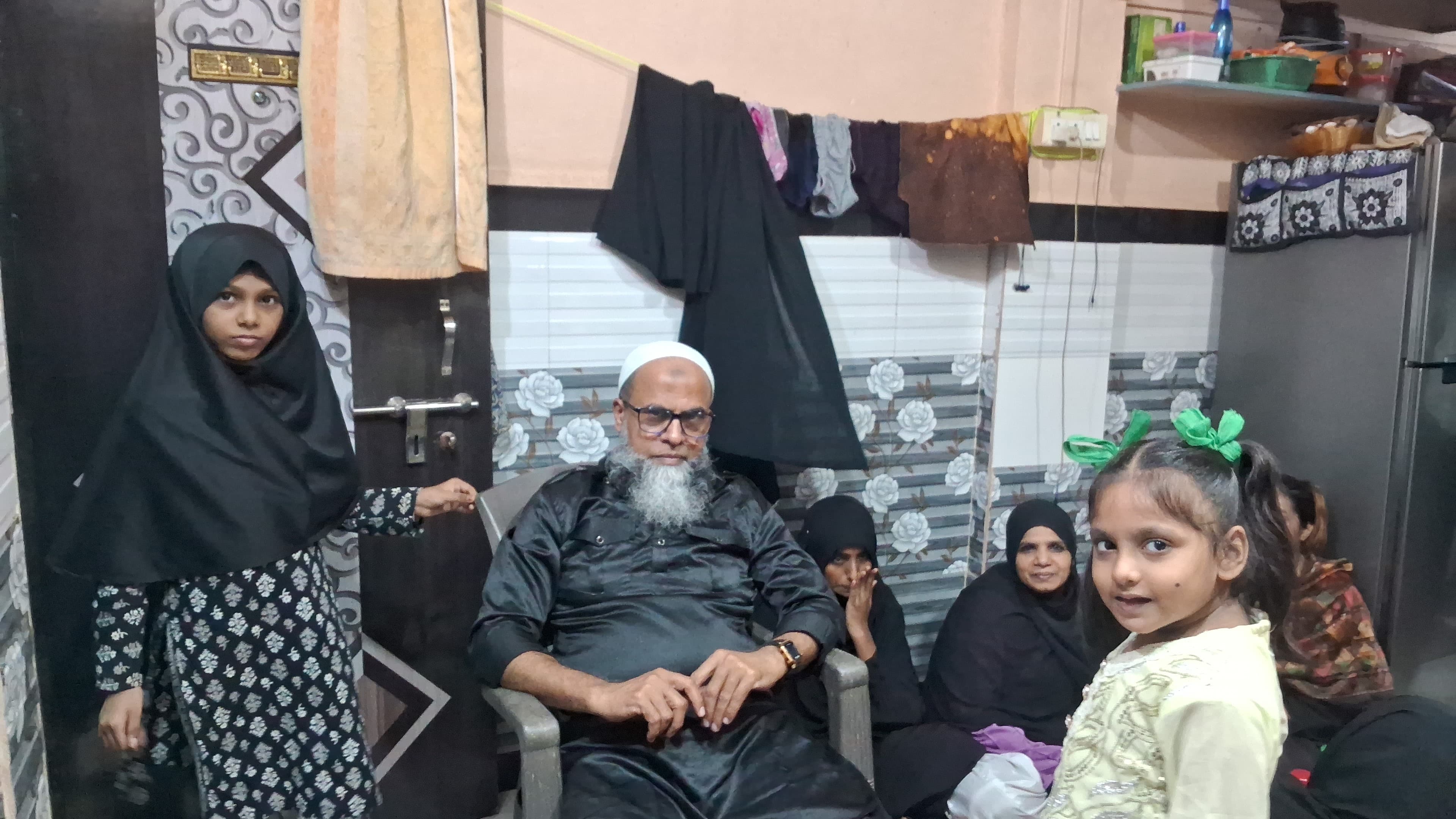
Mariyam Usmani, TwoCircles.net
Mumbai: After 19 years behind bars, 12 Muslim men were acquitted on July 24 in the 2006 Mumbai train blasts case. One died in prison. As others began reclaiming their lives, the Supreme Court put their freedom on hold with a stay on the Bombay High Court's verdict.
Kamaal Ansari was arrested in connection with the 2006 Mumbai train blasts. He was accused of being involved in the attacks that killed over 189 people and injured more than 800. He always said he was innocent.
He spent years in Nagpur Central Jail, awaiting trial and then conviction/acquittal. He never came home.
During the Covid-19 pandemic, he fell ill. Authorities said he succumbed to the virus. But his mother, Begum Shahindun Nisa, believes otherwise.
“He died three years ago during the pandemic, but it was not a death. As I remember now, the jail administration took four people to Nagpur Hospital. My son asked a person to inform me via another prisoner. At that time, I was in Madhubani, Bihar,” she recalled.
Despite lockdowns and no easy access to tickets, she somehow managed to reach Mumbai. She brought her granddaughters with her. They stayed at the home of someone they knew.
Then, one morning, the Anti-Terrorism Squad (ATS) called her. She rushed to the hospital.
There, a woman from the same ward told her the truth that no official did.
“It was the holy month of Ramadan. A non-Muslim woman told me that Kamaal denied using medical equipment because of roza (fasting). His response infuriated the doctor, who said that he is ‘a very big terrorist’ and asked assistants to inject and kill him with a poisonous injection,” she alleged.
Her voice broke. She paused often. She seemed to speak not just from memory, but from grief still fresh.
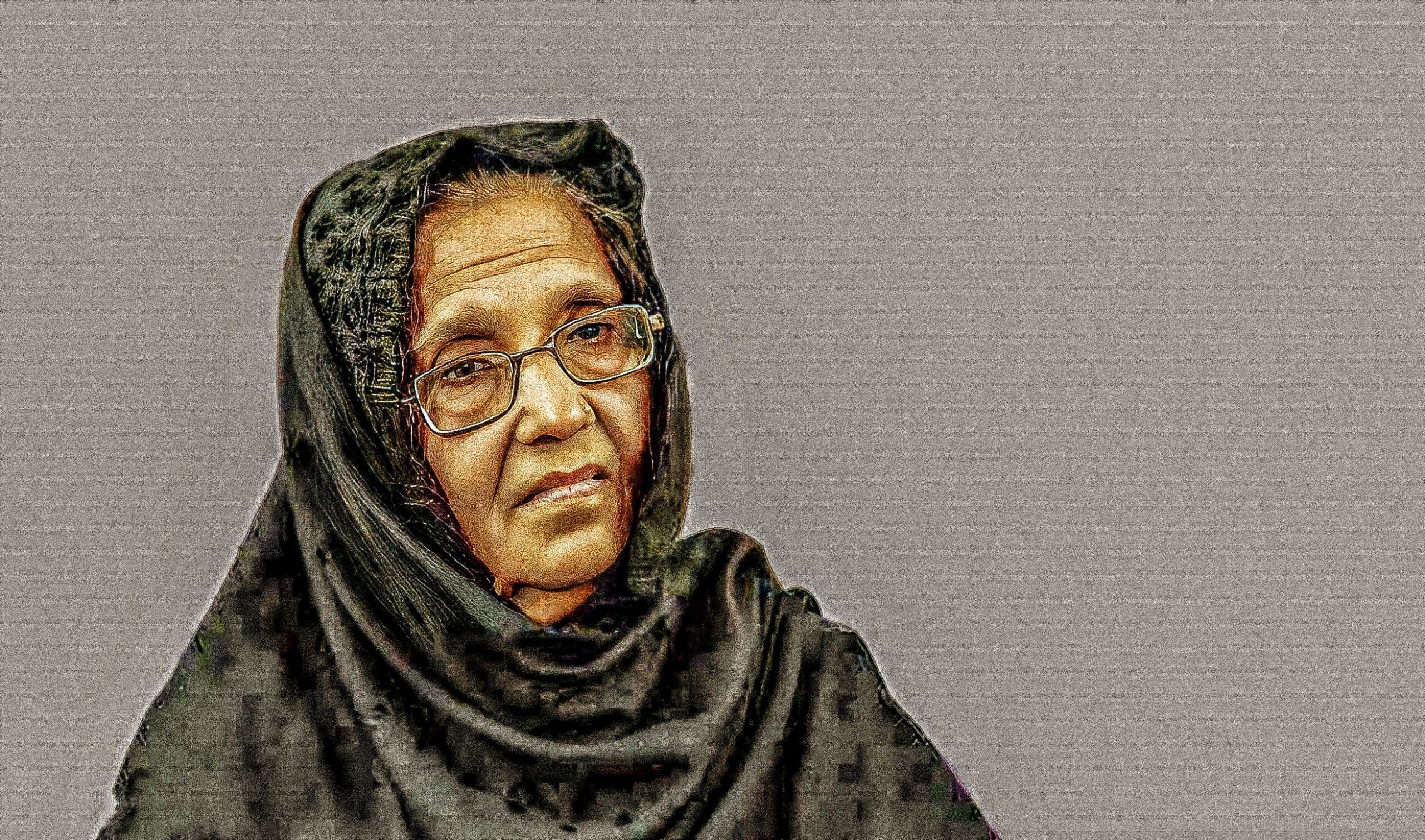
“I am sad for losing my son, but I am happy for my other sons who were cleared off the fake cases. During these years, I kept praying to Almighty Allah to invoke mercy in the hearts of people,” she said.
Kamaal never got to see freedom. He died in jail, still labelled as a "terrorist". But on July 21 this year, the Bombay High Court acquitted all 12 men in the case, including Kamaal.
Overturning a lower court's order that had sentenced five of them to death and the rest seven to life imprisonment in 2015, the division bench of the High Court said that the prosecution "utterly failed" to establish that the accused had committed the offences for which they had been convicted.
The court said there was no evidence. The case was based on forced confessions and a flawed investigation.
However, the Supreme Court stayed the operation of the High Court's judgment on July 24 as judicial precedent in any pending trials under the Maharashtra Control of Organised Crime Act (MCOCA). The State of Maharashtra had sought the interim stay to the extent it would not be used as precedent before trial courts presently hearing other cases prosecuted under the MCOCA.
In its interim order, the apex court took on record the submission that "all the respondents (acquitted men) have been released and there is no question of bringing them back to prison".
The 2006 Tragedy, And Disasters That Followed
On July 11, 2006, seven blasts ripped through Mumbai’s local trains during peak hours. The attack was devastating. The city mourned its dead.
But as the smoke cleared, another story was unfolding.
Twelve Muslim men were arrested in the weeks that followed. Many of them had no criminal records. Some were picked up from their homes. Others were called in for questioning and never returned.
All said they were innocent. All said they were tortured. For 19 years, they waited.
Now, they are free. But this is momentary freedom as the top court has to finally decide their fate. The time they lost, the pain they endured and the families they left behind cannot be returned.
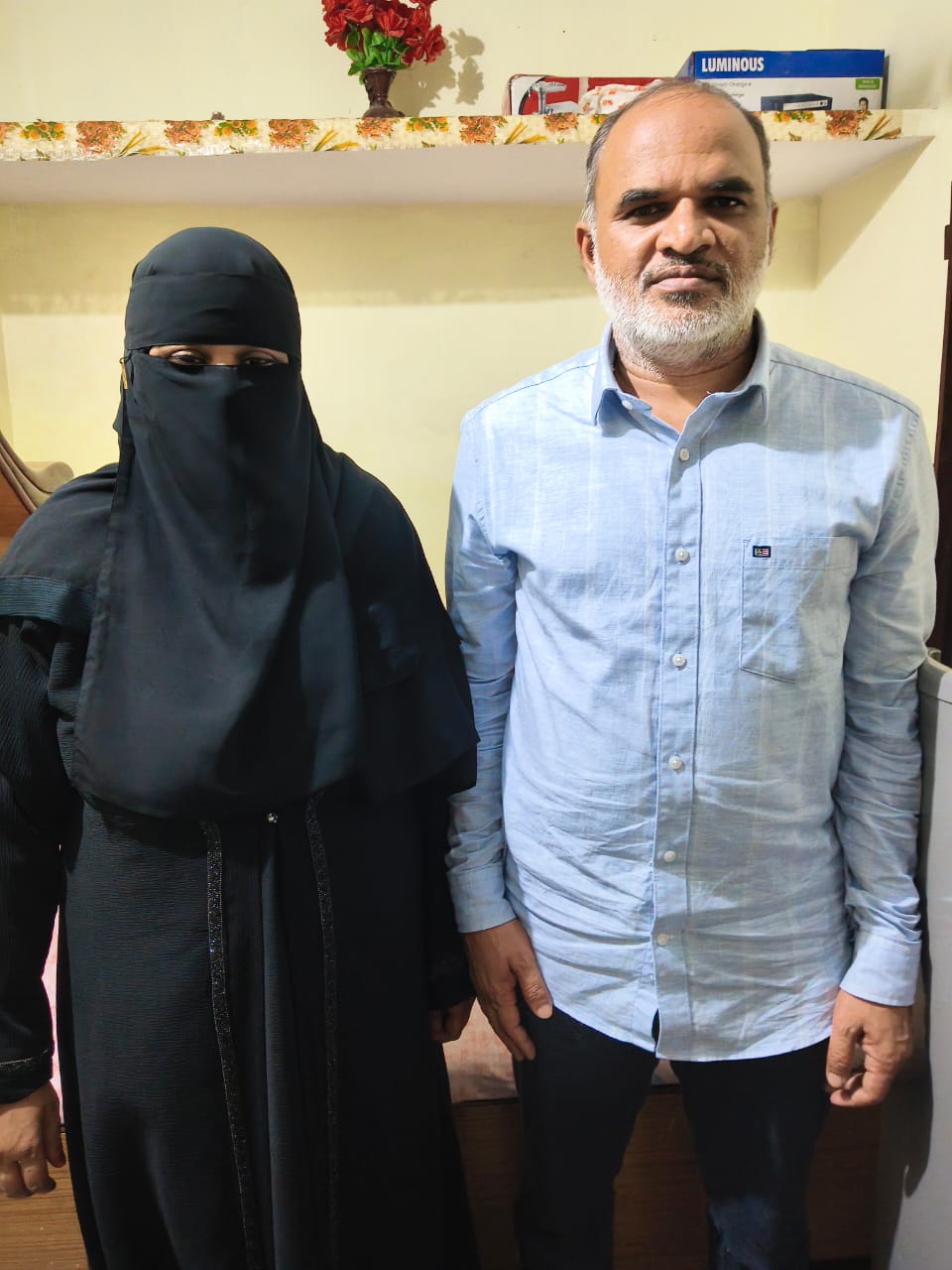
A Daughter’s First Photo With Her Father
Sajid was one of the accused. His daughter, Mariyam, was born three months after his arrest. She had never seen him outside of prison.
He finally got to take a photo with her. She is now a young woman.
“My daughter was born three months after the ATS raids. She had never seen me in the past 19 years. Is there any compensation for this? My wife had literally been facing depression over the years; is there any compensation for this? No,” he said.
Ehtesham Qutubuddin Siddiqui kept in touch with his family only through letters. It was the only way to feel close to them. Phones were allowed only much later, during the Covid pandemic.
In one of his letters, written to his wife, he said, “I know you love me immensely, but you should have more love in your heart for the Almighty Allah and his Rasool (Prophet). Loving Allah and his Rasool demands complete devotion. I am being tested just because of my strong faith in Almighty Allah. You are not alone in this difficult path. There might be wives on this earth who go through even deeper agonies. Probably you know a few of them, while a few are still unknown to you. Think about them and have patience. This way you would feel light and less stressed about things.”
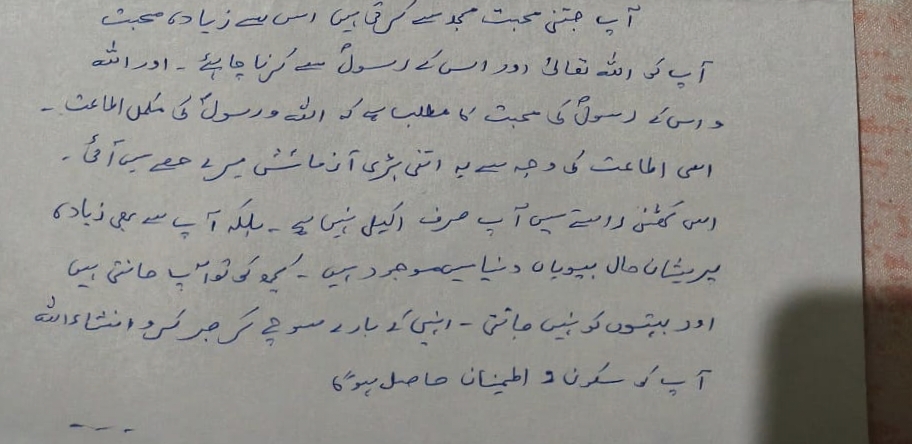
Families That Waited Years In Absence
Many of the released men are now trying to understand a world that changed while they were locked away.
Another acquitted man, Suhail Mehmood said, “I am sad to see my grown-up children because I know absolutely nothing about them. I am trying to understand how they think and what their lifestyle looks like.”
They missed school days, illnesses, weddings and funerals.
Mohammad Ali from Gowandi, Mumbai, lost both his father and brother during the pandemic. He was not allowed to attend their funeral prayers.
“What I have suffered is another untold story. According to law, in case of death of a family member, convicts should be given bail on parole. Not allowing me to attend the funeral was indeed a violation of my rights,” he said.
Custodial Torture: A Painful Story
All of them have their stories of torture, beatings, humiliation, violence, and electric shocks.
Sajid Ansari described in detail the ordeal he went through.
“We were hanged with hands up without any support. We were beaten like animals. Sometimes they stretched our legs 180 degrees in opposite directions and passed electric shocks to our private parts. They threw chemicals on our bodies while our hands were kept cuffed behind our backs,” he narrated the horror.
Mohammad Ali said the same. “You know what they do in third-degree? It is too horrible to recall those things. I want to say that I welcome the historical verdict that squashed five death sentences and saved seven lives, but what we lost could not be compensated,” he said.
Why Were They Arrested?
Many believe the arrests were based not on proof, but on identity.
Ehtesham was arrested for possessing two Islamic books - 'Jihadi Azkar' and 'Islam ki Rooh - Jihad Fi Sabilillah'. These were religious books, not political ones.
Suhail Mehmood was accused of links to the Students Islamic Movement of India (SIMI). He says he was not involved in activism at all.
While another convict, Sajid said, “I was summoned again and again by the police and the ATS. I was illegally detained a couple of times. But one day, they called me for a five-minute inquiry. I never knew that the five-minute investigation could take 19 years of my life,”.
Similarly, Kamaal's mother believes her son was trapped in a conspiracy. She said, “Before my son, the police also trapped Mumtaz Choudhary and Khalid Aziz, who were later released by the authorities. But one cousin of Kamaal was secretly associated with the ATS. Precisely, my son succumbed to the conspiracy of his own cousin.”
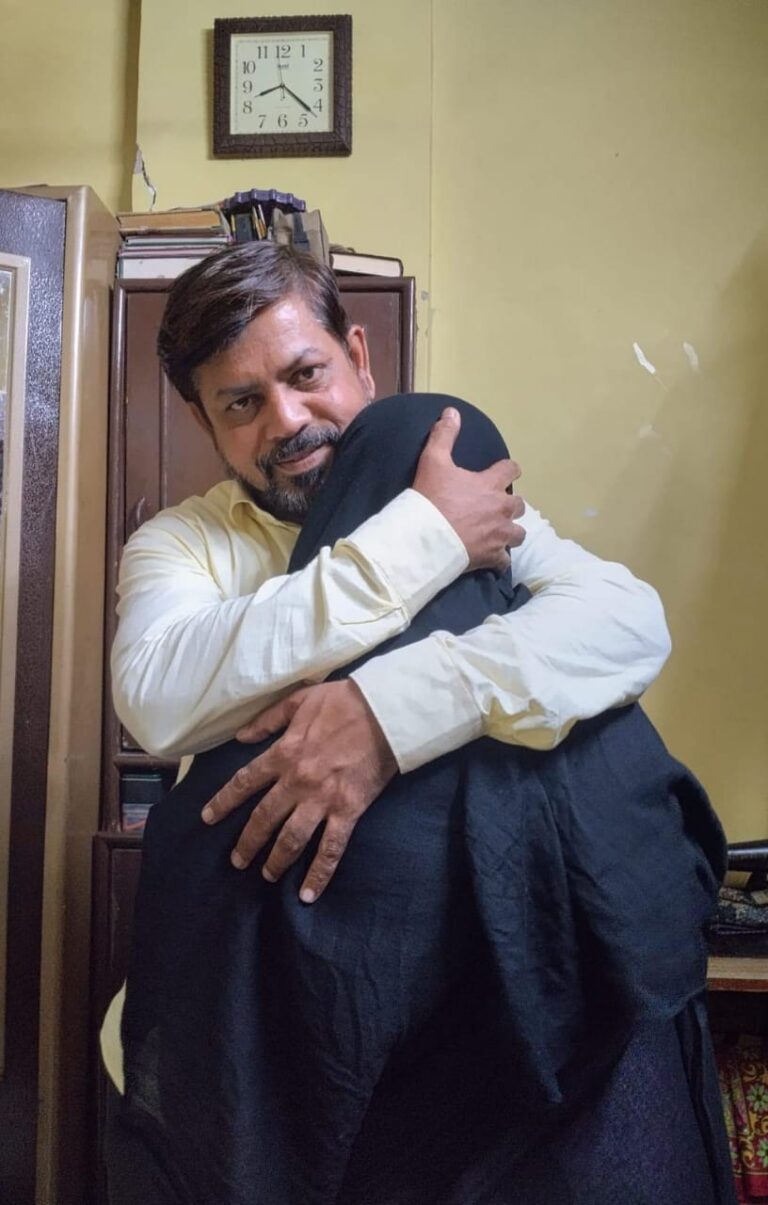
What Now?
Even after the acquittal, many say justice is incomplete. Wahid Deen Mohammad Sheikh, a former accused in the same case, now works as a prison rights activist.
He said, “The judgement is incomplete. Do we know where the real culprits are? Why don't we talk about punishing the ATS authorities who trapped innocents in forged cases?”
The families of the accused are now demanding action against those who allegedly framed them on fake charges. They want an official apology. They want compensation. They want those who tortured them to be held responsible.
Rights groups agree that only punishment, apology and compensation can begin the process of healing.
The acquittal brought momentary relief. The Supreme Court stay has reopened wounds of time. For Shahindun Nesa and Suhail, Ehtesham, Sajid and Mohammad Ali, justice still feels like a distant dream.
